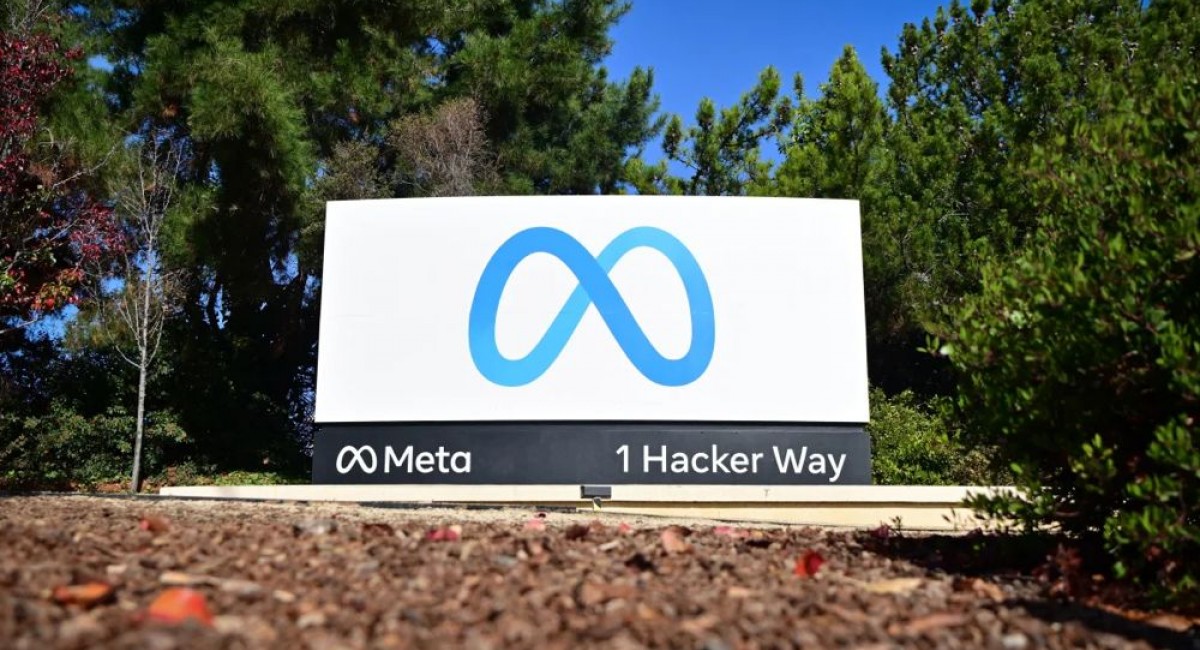SEARCH
Meta is under EU's radar over election misinformation

SHARE IT
The European Commission has initiated legal procedures against Meta, charging that it failed to properly oversee the distribution of political misinformation by "foreign actors" prior to the June European elections. Specifically, it is concerned that the ad network is "a soft target" for Russian-sponsored internet attackers.
Using the recently enacted Digital Services Act, which could inflict a punishment of around $8.5 billion in Meta's case, the EC stated that it believes the Facebook and Instagram owner violated the law with policies and practices connected to deceptive advertising and political content on its platforms.
The EC is particularly worried that Meta's platforms lack a third-party real-time election-monitoring capability ahead of the European Parliament elections, which have 400 million eligible voters. Officials are particularly concerned about Meta's intention to "deprecate" CrowdTangle, a real-time "public insights" tool utilized by journalists and academics in civil society, without providing an effective successor.
According to Commission President Ursula von der Leyen, the new rules are intended to safeguard European citizens from targeted disinformation and manipulation by third countries.. "If we suspect a violation of the rules, we act. This is true at all times, but especially in times of democratic elections. Big digital platforms must live up to their obligations to put enough resources into this and today's decision shows that we are serious about compliance."
According to an EC official, one example of a complaint against Meta was discovered by AI forensics while investigating a Meta ad repository. The findings led researchers to suspect that methods for detecting and responding to foreign misinformation were ineffective.
"We are asking platforms to have sufficient quick reaction processes in place for these different threats, and in this particular case, I think they're not there," the official said. The investigation was one element of "a complex of issues" related to election integrity, suggesting the ad network was "a soft target for foreign Russian actors."
In response to Meta's decision to discontinue the CrowdTangle election-monitoring tool used by researchers, journalists, and civil society, the EC claimed that Meta failed to diligently assess and adequately mitigate risks associated with Facebook and Instagram's effects on civic discourse and electoral processes.
The EC has given Meta five working days to explain what steps have been made to rectify the issue with election monitoring technologies. In a third strand of the proceedings, the Commission stated that it believes Meta's practices devalued political content in Instagram and Facebook's recommender algorithms, including their feeds, which was not in accordance with DSA requirements. The fourth strand said Meta's method of allowing users to flag illicit content was likewise non-compliant.
In a statement, a Meta spokesperson said: "We have a well-established process for identifying and mitigating risks on our platforms. We look forward to continuing our cooperation with the European Commission and providing them with further details of this work."
The DSA went into effect in August 2023. It establishes guidelines to help very large online platforms (VLOPs) "tackle the spread of illegal content, online disinformation, and other societal risks" posed by online service providers.
MORE NEWS FOR YOU

 Help & Support
Help & Support 

